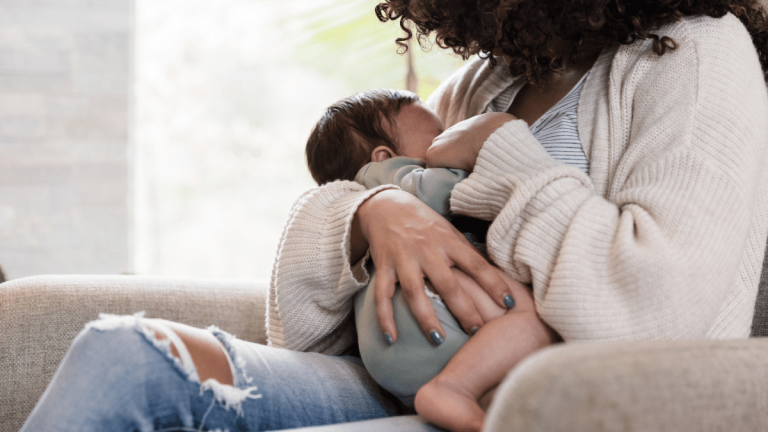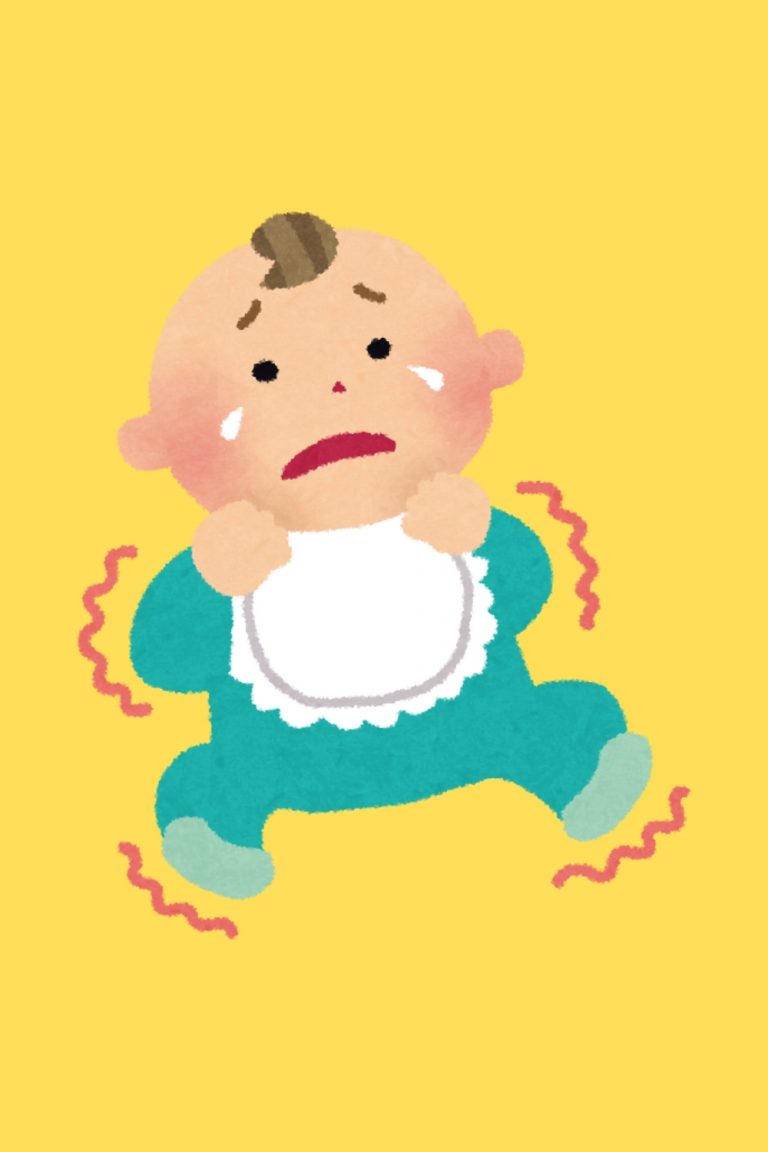Early Symptoms of Pregnancy
Early pregnancy can be an exciting but uncertain time for women. Your body goes through many changes right from the start, but pregnancy symptoms vary drastically from one woman to the next. Even from one pregnancy to the next, you may experience symptoms entirely differently.
It’s natural to analyze every little twinge, ache, and change during the early weeks. You desperately want to know, “Could this mean I’m pregnant?” It’s especially easy to read into symptoms after a missed period. However, a missed or delayed period does not always mean you are pregnant.
While every woman has a unique experience, there are some common early pregnancy symptoms to look out for. By understanding the most frequently reported symptoms, you can have a better sense of what to expect. Of course, the only way to confirm a pregnancy is through a test.
Here is a list of early signs of pregnancy
Common Early Pregnancy Symptoms
Missed Period
The most common early sign of pregnancy is a missed menstrual period. If you’re in your childbearing years and a week or more has passed without the start of an expected period, you might be pregnant. However, there are other reasons for a delayed or missed period besides pregnancy, like stress, weight changes, exercise, or birth control changes.
Swollen or Tender Breasts
Hormonal changes early in pregnancy can make your breasts feel swollen, sore, or tingly. The discomfort should decrease after a few weeks as your body adjusts.
Nausea
Morning sickness can strike any time of day starting around week 5 or 6. The exact causes are uncertain but likely involve pregnancy hormones. Some women escape nausea entirely, while others feel ill throughout the day.
Increased Urination
Around 6-8 weeks, you might find yourself needing to pee more often. Your kidneys process extra fluid in your body during pregnancy, which ends up in your bladder.
Fatigue
Feeling very tired or sleepy in early pregnancy is common due to shifts in hormones like progesterone. Make time for extra rest.
Food Cravings/Aversions
Cravings or aversions to certain foods can begin early on. Give in to harmless cravings as long as you’re eating a balanced diet.
Mood Swings
Shifting hormone levels can lead to mood swings in early pregnancy, including anxiety, irritability, sadness, or euphoria. Contact your doctor if the changes are severe.
Backaches
As pregnancy progresses, the extra weight in the abdomen can strain the back muscles. Lower backaches often start in the first trimester.
Headaches
Rising hormones and increased blood volume are common headache triggers in newly pregnant women. Stay hydrated and rest to help alleviate them.
Darkening Areolas
An early sign for some women is a darkening of the areolas around their nipples. Increased hormones stimulate pigment changes.
Bloating
Hormone shifts that slow digestion can cause bloating similar to premenstrual syndrome. Staying active help.
Light Spotting
About 10-14 days after conception, a small amount of spotting can occur when a fertilized egg implants in the uterine lining. Not all women get this.
When Do Pregnancy Symptoms Start?
It’s different for every woman when early pregnancy signs begin. Here’s a general timeline:
- 1 week after conception – Some women experience changes shortly after conception, including cramping, bloating, or spotting. However, pregnancy can’t be confirmed this early.
- 2-4 weeks after conception – Most common first signs like missed period, nausea, and breast changes can start as soon as 2-4 weeks after conception. Levels of the pregnancy hormone hCG are rising rapidly.
- 5-6 weeks after conception – By weeks 5-6, symptoms tend to peak. Nausea, fatigue, and urination frequency are very common now. The embryo’s heart begins beating around 6 weeks too.
- 7-12 weeks after conception – Most women find their worst symptoms start to fade after week 7 or 8. Breast tenderness and fatigue often improve. Nausea might persist for some.
- Throughout the first trimester – Some women sail through the first-trimester symptom-free or with minimal discomfort. Others feel symptoms like nausea and exhaustion throughout.
What Else Could Early Symptoms Indicate?
While pregnancy is a possibility, some early signs like missed periods or nausea could be due to other causes. Here are some other reasons for common early pregnancy symptoms:
Missed/Delayed Period
- Hormonal problems like PCOS or thyroid disorders
- Breastfeeding
- Loss of too much weight or too much exercise
- Birth control changes or side effects
- Perimenopause or approaching menopause
- Extreme stress
Nausea
- Food poisoning or stomach virus
- Migraines
- Motion sickness
Fatigue
- Anemia or iron deficiency
- Depression
- Underactive thyroid
- Illness like mono or chronic fatigue
- Poor sleep
Bloating and Cramps
- Premenstrual syndrome (PMS)
- Ovarian cysts
- Uterine fibroids
- Irritable bowel syndrome (IBS)
- Food intolerance
Always see your doctor if you think you may be pregnant but are experiencing abnormal symptoms. Timely evaluation and testing can identify or rule out underlying issues.
The early weeks of pregnancy can be filled with curiosity and uncertainty. While it’s normal to analyze every symptom, keep in mind that pregnancy experiences vary drastically. Try not to stress if your symptoms differ from what friends or apps describe.
Focus on listening to your body and determining what feels normal or abnormal for you. Track any significant changes from your usual cycle and health patterns. If your period is late and you experience common early signs like breast tenderness, nausea, fatigue, or frequent urination, consider taking a pregnancy test. Home tests are highly accurate for detecting pregnancy before a missed period.
While waiting to take a test, take care of yourself. Follow a healthy diet, exercise in moderation, reduce stress, and contact your healthcare provider with any concerns. They can help diagnose any unusual symptoms and confirm a pregnancy.
With an empathetic provider and self-care, you can navigate the uncertainties of early pregnancy with knowledge and reassurance. Trust your instincts and don’t hesitate to seek help to keep both you and your baby healthy.






